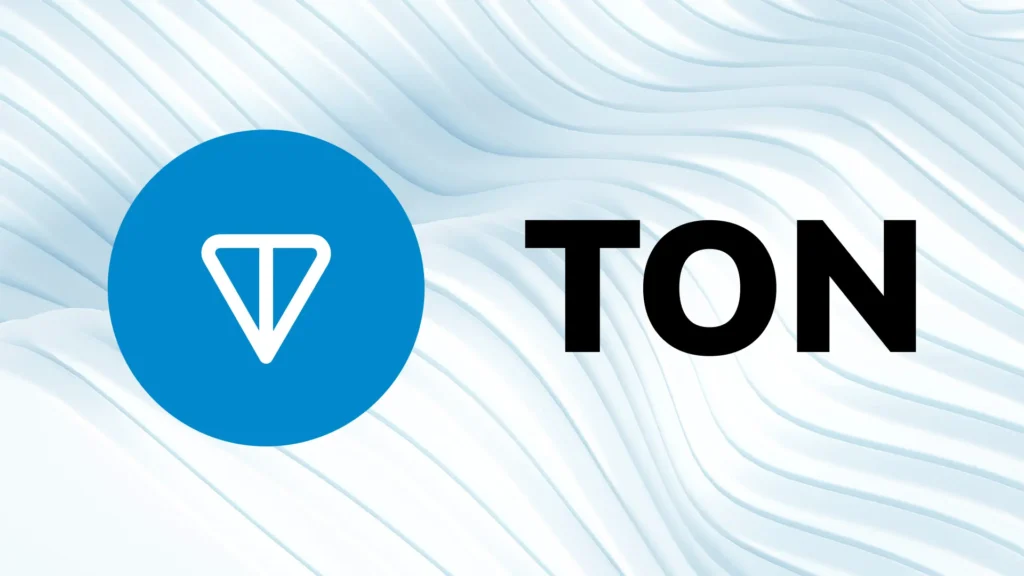The world of cryptocurrency is ever-evolving, and no country has embraced this digital revolution quite like El Salvador. In an unprecedented move, the National Bitcoin Office (ONBTC) of the Presidential Office of El Salvador has announced a groundbreaking initiative that will soon provide Bitcoin instruction and certification to a staggering 80,000 Salvadoran civil servants. This ambitious project will also see the introduction of open-source Bitcoin courses, “Mi Primer Bitcoin” (My First Bitcoin) and “Node Nation,” into public schools, laying the foundation for a new generation of crypto-savvy citizens.
A Bold Step Towards Financial Literacy
El Salvador has already made headlines by becoming the first country to adopt Bitcoin as legal tender in September 2021. Now, with this latest initiative, the Central American nation is doubling down on its commitment to the cryptocurrency. The goal? To ensure that every government employee has a comprehensive understanding of Bitcoin and its underlying technology, blockchain. This move isn’t just about embracing a new currency; it’s about fostering financial literacy and digital empowerment among the masses.
But why focus on civil servants? The reasoning is straightforward. Civil servants are the backbone of any nation’s administration. By equipping them with the knowledge and skills needed to navigate the complexities of Bitcoin, the government is essentially future-proofing its operations. These employees will be better positioned to manage and implement the country’s Bitcoin-related policies, ensuring that the adoption of this cryptocurrency is smooth, efficient, and beneficial for all.
The Certification Program: A Closer Look
The certification program, aptly named “Certification in Public Administration 1,” is a 160-hour virtual course meticulously designed to cater to the needs of government employees. Divided into multiple modules, this course covers a wide array of topics, from the basics of Bitcoin and blockchain technology to more advanced subjects like smart contracts, decentralized finance (DeFi), and the role of Bitcoin in the global economy.
The course is not just about theoretical knowledge. It includes practical exercises and real-world scenarios that civil servants are likely to encounter in their line of duty. For instance, one module might simulate a situation where a government department needs to execute a Bitcoin transaction, teaching employees how to do so securely and efficiently.
Moreover, the program emphasizes the importance of security in the digital age. With cyber threats becoming increasingly sophisticated, understanding how to protect digital assets is crucial. The certification program ensures that civil servants are well-versed in the best practices for safeguarding Bitcoin and other cryptocurrencies, from using secure wallets to recognizing phishing attempts.
Mi Primer Bitcoin and Node Nation: Bringing Crypto to the Classroom
While the certification program is a monumental step for civil servants, the introduction of “Mi Primer Bitcoin” and “Node Nation” into public schools is equally significant. These open-source courses are designed to provide students with a solid foundation in Bitcoin and blockchain technology, preparing them for a future where digital currencies play a central role in the global economy.
“Mi Primer Bitcoin” is a beginner-friendly course that introduces students to the basics of Bitcoin. It covers topics like the history of money, the evolution of currency, and the fundamental principles of Bitcoin. The course is designed to be engaging and interactive, with hands-on activities that help students grasp complex concepts in a fun and accessible way.
On the other hand, “Node Nation” is a more advanced course aimed at older students. It delves deeper into the technical aspects of Bitcoin and blockchain, teaching students how to set up and operate a Bitcoin node, understand consensus mechanisms, and explore the potential of decentralized networks. By the time students complete this course, they’ll have a thorough understanding of how Bitcoin works and how it can be used in various applications.
Empowering the Next Generation
The inclusion of these courses in the public school curriculum is a clear indication of El Salvador’s long-term vision for Bitcoin. By educating the youth about this revolutionary technology, the country is planting the seeds for a new generation of innovators, entrepreneurs, and digital leaders. These students will not only be well-equipped to navigate the world of cryptocurrency but also to drive its adoption and development in the years to come.
It’s also worth noting that these courses are open-source, meaning they can be accessed and adapted by educators around the world. This could potentially lead to a global movement where students from different countries learn about Bitcoin and blockchain, further accelerating the adoption of these technologies on a global scale.
The Bigger Picture: A Nation on the Cutting Edge
El Salvador’s bold steps in embracing Bitcoin are part of a larger strategy to position the country as a leader in the digital economy. By investing in Bitcoin education and certification, the government is not only preparing its workforce for the future but also sending a powerful message to the rest of the world: El Salvador is open for business in the digital age.
The benefits of this initiative extend beyond just the civil servants and students. A well-educated population is better equipped to make informed financial decisions, which can lead to increased financial inclusion and economic stability. Moreover, as more people become familiar with Bitcoin, the country’s overall adoption of the cryptocurrency is likely to increase, driving further innovation and investment.
However, this initiative is not without its challenges. Critics argue that the focus on Bitcoin could divert attention and resources away from other important areas, such as improving the country’s traditional financial infrastructure. There are also concerns about the volatility of Bitcoin and its potential impact on the economy. While these are valid points, the Salvadoran government seems confident that the long-term benefits of Bitcoin adoption will outweigh the risks.
Looking Ahead: What’s Next for El Salvador?
As El Salvador continues to forge its path in the world of cryptocurrency, the success of this initiative will be closely watched by governments, businesses, and crypto enthusiasts around the world. If the certification program and school courses prove successful, they could serve as a model for other countries looking to integrate cryptocurrency into their economies and educational systems.
Furthermore, this initiative could lead to new opportunities for collaboration and innovation. For example, tech companies and educational institutions might partner with the Salvadoran government to develop new tools, resources, and courses that further enhance Bitcoin education. These partnerships could also lead to the creation of new jobs and industries, contributing to the country’s economic growth.
In the short term, the focus will be on rolling out the certification program and school courses, ensuring that they are accessible, effective, and engaging. The government will likely monitor the progress of these initiatives closely, making adjustments as needed to maximize their impact.
In the long term, the success of this initiative could have far-reaching implications, not just for El Salvador but for the global cryptocurrency landscape. As more countries explore the potential of Bitcoin and blockchain, the world may see a shift towards a more decentralized and inclusive financial system.
Conclusion: A Revolutionary Approach to Financial Education
El Salvador’s decision to certify 80,000 civil servants in Bitcoin and introduce Bitcoin courses into public schools is a bold and forward-thinking move that could reshape the nation’s financial landscape. By equipping its workforce and youth with the knowledge and skills needed to navigate the world of cryptocurrency, El Salvador is positioning itself as a leader in the digital economy.
While challenges and criticisms remain, the potential benefits of this initiative are significant. From fostering financial literacy and inclusion to driving innovation and investment, the ripple effects of this initiative could be felt for years to come. As the world watches, one thing is clear: El Salvador is paving the way for a new era of financial education and empowerment.
FAQs
1. What is the main goal of El Salvador’s Bitcoin certification program?
The primary goal is to educate 80,000 civil servants on Bitcoin and blockchain technology to ensure they can efficiently manage and implement the country’s Bitcoin-related policies.
2. What are “Mi Primer Bitcoin” and “Node Nation”?
These are open-source courses introduced into public schools in El Salvador. “Mi Primer Bitcoin” is designed for beginners, while “Node Nation” is an advanced course focusing on the technical aspects of Bitcoin and blockchain.
3. How long is the Bitcoin certification course for civil servants?
The certification course, named “Certification in Public Administration 1,” is a 160-hour virtual program divided into multiple modules covering various aspects of Bitcoin and blockchain.
4. Why is El Salvador focusing on Bitcoin education?
El Salvador aims to future-proof its workforce, promote financial literacy, and position itself as a leader in the digital economy by embracing Bitcoin and blockchain technology.
5. What impact could this initiative have on El Salvador’s economy?
The initiative could lead to increased financial inclusion, economic stability, and innovation, potentially driving further investment and growth in the country.





